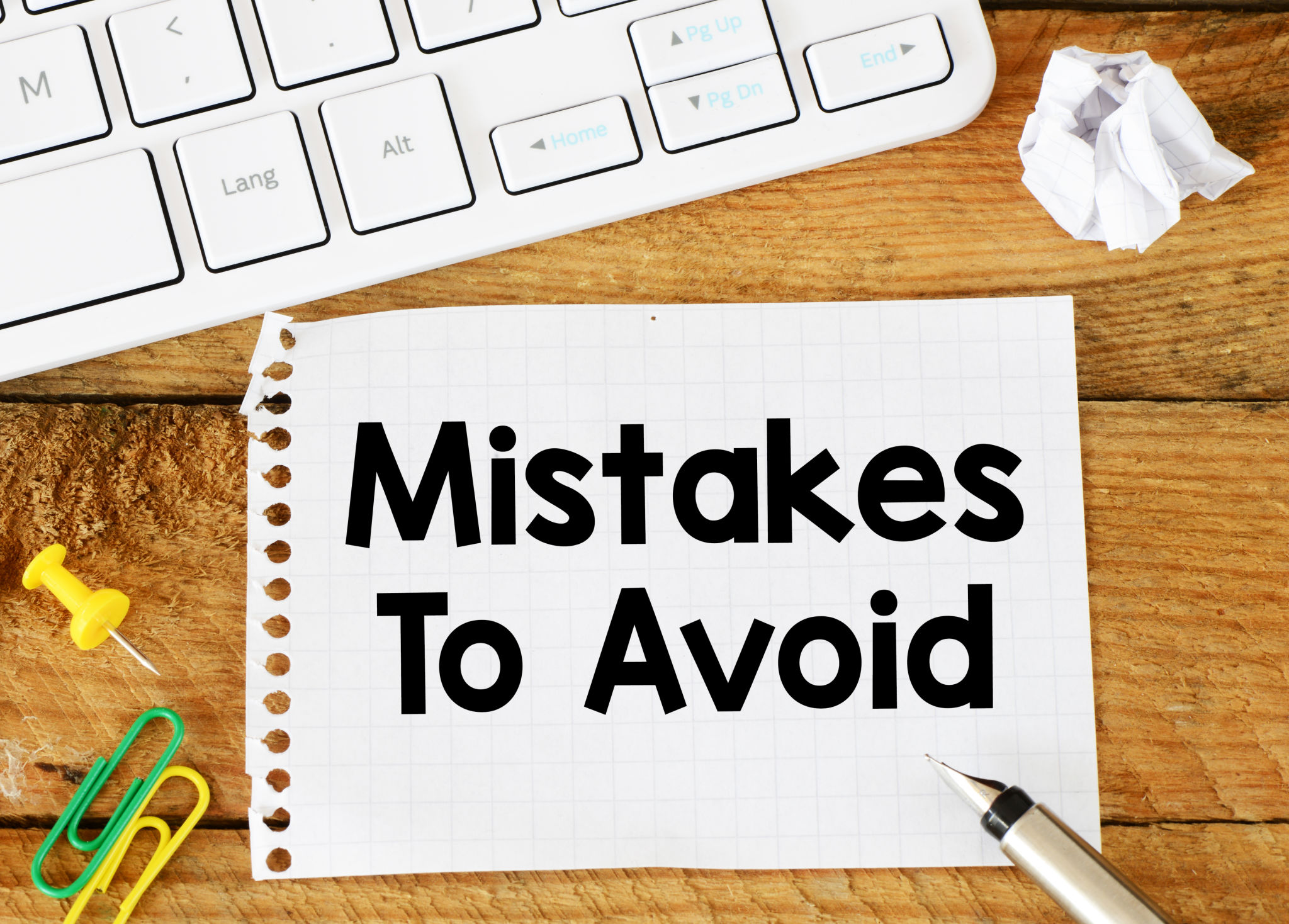Why Most Dentists in the UK Waste Money on Google Ads (And How to Fix It)
Google Ads is one of the most powerful ways to grow a dental practice.
It lets you appear right when potential patients are searching for things like “private dentist near me”, “Invisalign London”, or “emergency tooth extraction in Leeds”. But here’s the reality:
Most UK dentists are wasting a significant chunk of their budget on poorly managed Google Ads campaigns.
Clicks are coming in, but the phones aren’t ringing. Budgets are spent, but the appointment book looks the same.
If that sounds familiar, you’re not alone — and more importantly, it’s fixable.
Let’s dive into the most common mistakes dental practices make with Google Ads, and what you can do to turn things around.

1- Bidding on the Wrong Keywords
This is where most campaigns go wrong from the start.
Many dentists are told to bid on broad, generic keywords like “dentist” or “dental surgery”. The issue? These terms are extremely competitive, expensive, and attract a lot of irrelevant traffic — people looking for NHS options, jobs, or practices in other cities.
What works better:
- Service-specific keywords: “teeth whitening Birmingham”, “dental implants Manchester”
- High-intent local terms: “private emergency dentist near me”, “Invisalign in Bristol”
- And don’t forget to build a negative keyword list — this stops your ads from showing for irrelevant terms like “cheap”, “free NHS dentist”, or “dental nurse jobs”.
Pro tip: Check the “Search Terms” report weekly to see what real users are typing in — and refine your keyword list accordingly.
2- Sending People to Your Homepage
This one’s a silent killer. Even if your ad is perfectly written and gets the click, sending people to your generic homepage is like inviting someone into your practice and then ignoring them at reception.
Why homepages underperform:
- They’re not focused on one service
- No clear next step (e.g. “book consultation”)
- Too much information, not enough persuasion
The fix? Create dedicated landing pages for each service. For example:
- An implants page with before/after images, patient reviews, pricing, and a “Book Consultation” form
- An emergency dentistry page with a clear call button and info on same-day availability
- This makes it easy for potential patients to take action — and boosts your conversion rate.
3- Poor Local Targeting
If you’re running a dental clinic in Leeds, there’s no reason you should be paying for clicks from London, Glasgow, or Brighton.
Yet many campaigns are set up without proper geographic targeting — or worse, set to show across the entire UK.
Instead, you should:
- Set a tight radius (e.g. 8–10 miles) around your surgery
- Use location targeting to only show ads to people physically in your area
- Add location extensions so your address shows directly in the ad
Google even allows you to bid more aggressively for users closer to your clinic — helping you show up more often to the people most likely to book.
4- Ignoring Mobile Experience
In the UK, the majority of dental-related searches happen on mobile devices.
Whether it’s someone with a toothache on a train or a parent looking for a children’s dentist on the school run — your ads need to work perfectly on mobile.
What we often see:
- Pages that take too long to load
- Hard-to-click buttons or forms
- No clear CTA for mobile users
To fix this:
- Use fast-loading, mobile-optimised landing pages
- Keep forms short (name, phone, service interest)
- Include click-to-call buttons, especially for emergency services
The easier it is to get in touch, the higher your conversion rate.
5- No Conversion Tracking = No Insight
Clicks are not the same as patients.
Many practices throw money at ads but don’t actually track whether those ads are leading to phone calls, appointment bookings, or contact form submissions.
Without proper tracking, it’s impossible to know which keywords, ads or locations are performing best.
Here’s what you should be tracking:
- Phone calls from ads and landing pages (using a tracking number)
- Contact form submissions
- Online bookings (if available on your site)
Use tools like Google Tag Manager, Google Analytics 4, and conversion tracking in Google Ads to connect the dots.
At Pro Dental Clicks, we handle all of this setup for you — so you know exactly where your new patients are coming from.
6- DIY Campaigns with No Strategy
Running your own Google Ads campaign might seem simple. Google even encourages it with their “Smart Campaigns” and plug-and-play setups. But the reality is:
Without a proper PPC strategy, you’re almost guaranteed to overspend and underperform.
Most DIY dental campaigns:
- Overpay for every click
- Attract low-quality leads
- Lack optimisation
- Get left behind by smarter competitors
Solution: Work with a PPC agency that knows the UK dental landscape — not a generalist marketer, and definitely not a “one-size-fits-all” overseas provider.
The Fix Is Simple — But Powerful
Here’s the bottom line: Google Ads works brilliantly for dentists — when done right.
To summarise:
✅ Focus on intent-driven, local keywords
✅ Use high-converting, service-specific landing pages
✅ Target only your local area
✅ Optimise for mobile experience
✅ Track every single lead
✅ Don’t go it alone — get expert help
Want to Know If Your Ads Are Wasting Budget?
At Pro Dental Clicks, we specialise in Google Ads for dental practices. Our clients see more leads, better patients, and lower costs per conversion — because we know your market inside out.
👉 Request your Google Ads Audit today and let’s uncover what’s working, what’s not, and how to turn your campaign into a growth machine.